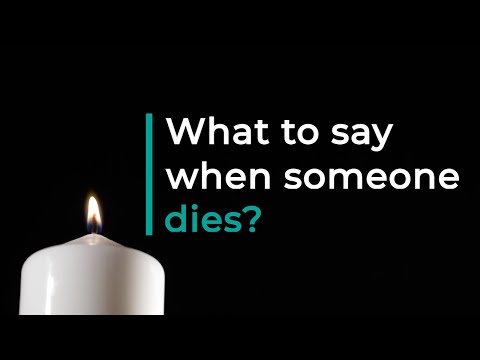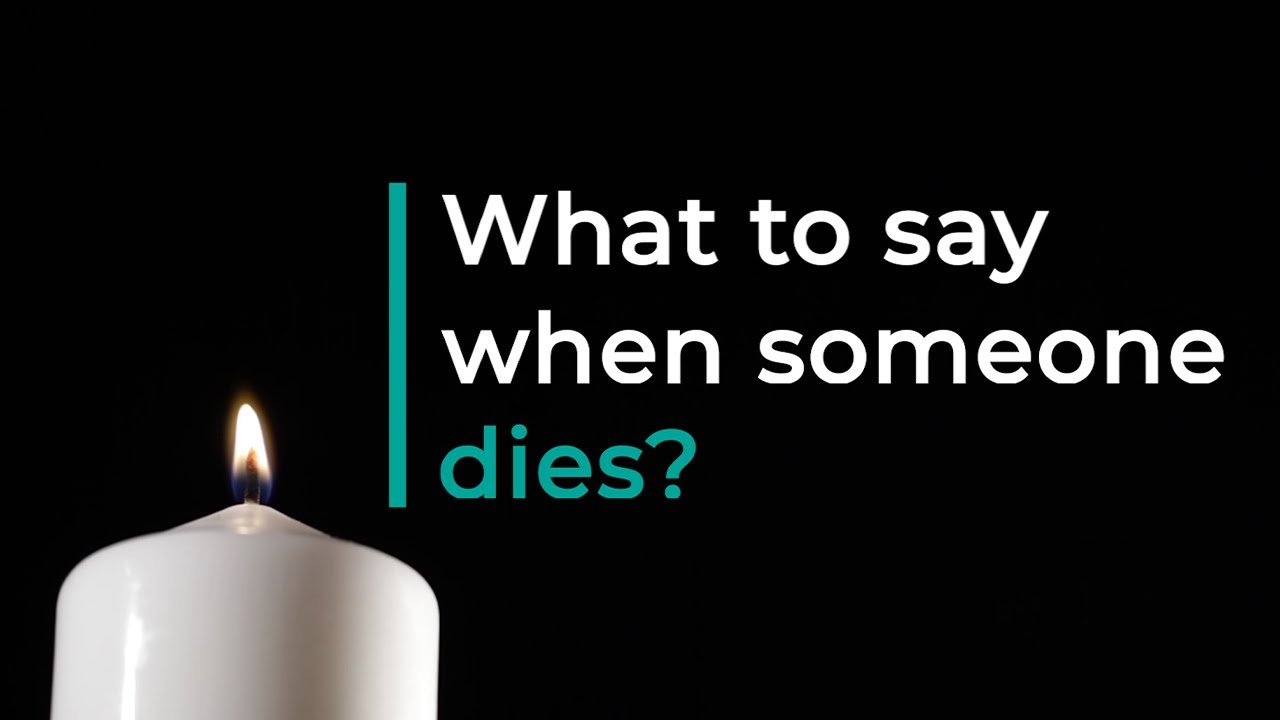Discover a comprehensive and invaluable resource with our What to Do When Someone Dies Checklist PDF. This meticulously crafted guide offers a step-by-step approach to help you navigate the challenging process of handling affairs after the loss of a loved one. With expert advice and practical tips, this checklist empowers you to make informed decisions and tackle necessary tasks efficiently and effectively. From notifying relevant authorities and arranging the funeral to managing legal matters and settling the estate, our checklist covers every aspect of post-death arrangements. Save yourself from overwhelm and confusion during this emotionally charged time by utilizing this essential tool. Whether you are a grieving family member, a trusted friend, or a professional in the field, this comprehensive checklist will provide you with the guidance and support needed to ensure a smooth and organized transition. Download our What to Do When Someone Dies Checklist PDF now and gain peace of mind knowing that you have a reliable resource to assist you through this difficult process.

What to Do When Someone Dies Checklist PDF
| Task | Details |
|---|---|
| 1. Notify Close Family and Friends | Immediately inform immediate family members, close friends, and relevant individuals about the death. Provide necessary details, such as the time and place of the passing. |
| 2. Contact the Doctor | Reach out to the deceased’s primary care doctor or the attending physician responsible for certifying the death. Obtain the necessary medical certificate, cause of death documentation, or any other required paperwork. |
| 3. Contact the Funeral Home | Engage with a reputable funeral home to handle the funeral arrangements. Discuss preferences for burial, cremation, or other specific requests. Obtain a cost estimate for the funeral services. |
| 4. Organize Legal Documentation | Gather important legal documents such as the will, trust deeds, and any other relevant paperwork. Consult an attorney if necessary to ensure the proper execution of the deceased’s wishes and distribution of assets. |
| 5. Notify Employer/Insurance Companies | Inform the deceased’s employer and any insurance companies about the death. This includes life insurance, health insurance, pension plans, or any other policies the deceased may have had. |
| 6. Cancel Subscriptions and Memberships | Terminate any subscriptions, memberships, or services associated with the deceased’s name, such as utility bills, credit cards, internet, and cable providers. Arrange for any necessary transfers or cancellations. |
| 7. Handle Financial Matters | Address outstanding financial obligations, including mortgages, loans, taxes, and credit card debts. Notify banks and other financial institutions about the death, and determine the proper procedure for closing accounts or transferring assets. |
| 8. Inform Government Agencies | Notify the relevant governmental agencies, such as the Social Security Administration, Veterans Affairs, and the Department of Motor Vehicles. This ensures the appropriate cancellation or transfer of benefits, licenses, and identification. |
| 9. Arrange for Pet Care | If the deceased had pets, make arrangements for their care and well-being. Contact family, friends, or local animal shelters to find suitable homes or temporary care options. |
| 10. Support and Bereavement | Seek emotional support from friends, family, and professional grief counselors during this difficult time. Consider attending grief support groups or seeking therapy to cope with the loss. |
Navigating the Uncharted Waters of Grief: Finding the Right Words in Times of Loss
What to Do When Someone Dies Checklist PDF
Losing a loved one is an incredibly difficult and emotional time. Amidst the grieving process, there are various practical matters that need to be attended to. Having a checklist to guide you through the necessary steps can be immensely helpful during this challenging period. In this article, we will provide you with a comprehensive checklist in PDF format, which you can download and use as a reference when someone close to you passes away.
1. Notify the Relevant Authorities and Close Family Members
Immediately after a death occurs, it is crucial to notify the appropriate authorities, such as the police (if the death was sudden or unexpected) or the person’s doctor (if the death occurred at home or in a healthcare facility). This step is essential to ensure the proper legal procedures are followed.
Simultaneously, contact close family members and inform them of the passing. This will enable them to start making arrangements for travel and provide support during this difficult time.
2. Engage with a Funeral Director
Engaging with a funeral director is an important step in organizing the funeral and burial or cremation. Funeral directors are experienced professionals who can guide you through the process and help make all necessary arrangements.
During your initial meeting with the funeral director, discuss the deceased’s wishes regarding burial or cremation, as well as any specific funeral arrangements they might have desired. The funeral director will also help you obtain the death certificate and assist with any additional legal paperwork.
3. Arrange for the Funeral and Memorial Service
Planning the funeral and memorial service is a deeply personal process that varies based on cultural, religious, and individual preferences. Consider the deceased’s wishes, as well as the desires of close family members, when making these arrangements.
Decide on the location and date of the funeral and memorial service. Consider whether you want an open or closed casket, and whether you would like to have a religious or secular ceremony. Additionally, choose the music, readings, and any speakers or eulogists you would like to include in the service.
Remember to notify friends, family, and acquaintances about the funeral and memorial service, either through personal invitations or through local newspapers and online platforms.
4. Handle Financial and Legal Matters
Dealing with financial and legal matters is an important step when someone passes away. Start by gathering all necessary documents, such as the deceased’s will, insurance policies, bank statements, and investment account details.
Notify the deceased’s attorney, if they had one, to start the process of probate and estate administration. Contact the relevant financial institutions, including banks, credit card companies, and insurance providers, to initiate the necessary procedures.
Cancel any ongoing subscriptions or services in the deceased’s name, and redirect their mail to a trusted family member or friend. Additionally, consult with an accountant or tax professional to understand any tax obligations that may arise.
5. Provide Emotional Support and Seek Assistance
Grief affects each person differently, and it is essential to provide and seek emotional support during this difficult time. Reach out to friends, family, or support groups that can offer comfort and understanding.
Consider seeking professional help through a therapist or counselor who specializes in grief counseling. They can provide guidance and support as you navigate through the emotional challenges associated with loss.
Remember to take care of yourself physically and mentally. Eat well, get regular exercise, and get enough rest to ensure you are able to support yourself and others during this period.
While this checklist provides a comprehensive guide, keep in mind that each situation is unique, and additional steps may be necessary depending on the circumstances. It is also advisable to consult with professionals, such as lawyers, accountants, and funeral directors, as they can offer expert advice tailored to your specific situation.
Download our What to Do When Someone Dies Checklist PDF to have a handy reference during this challenging time.
What to Do When Someone Dies Checklist
- Notify family and close friends of the deceased
- Contact funeral home or mortuary
- Obtain death certificate
- Arrange for funeral or memorial service
- Notify employer or school
- Cancel or transfer utilities, subscriptions, and services
- Notify the deceased’s bank and financial institutions
- Secure the deceased’s home and belongings
- Notify insurance companies
- Contact attorney or estate executor
- Inform government agencies
- Cancel or redirect mail
- Notify social media platforms
- Update beneficiary information
- Arrange for care of pets or dependents
- Notify religious or community organizations
- Dispose of perishable food
- Take care of immediate financial obligations
- Begin the probate process if necessary
- Reach out for emotional support and counseling

